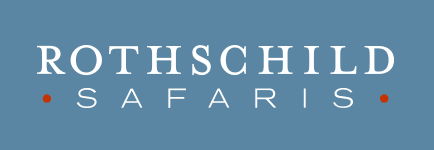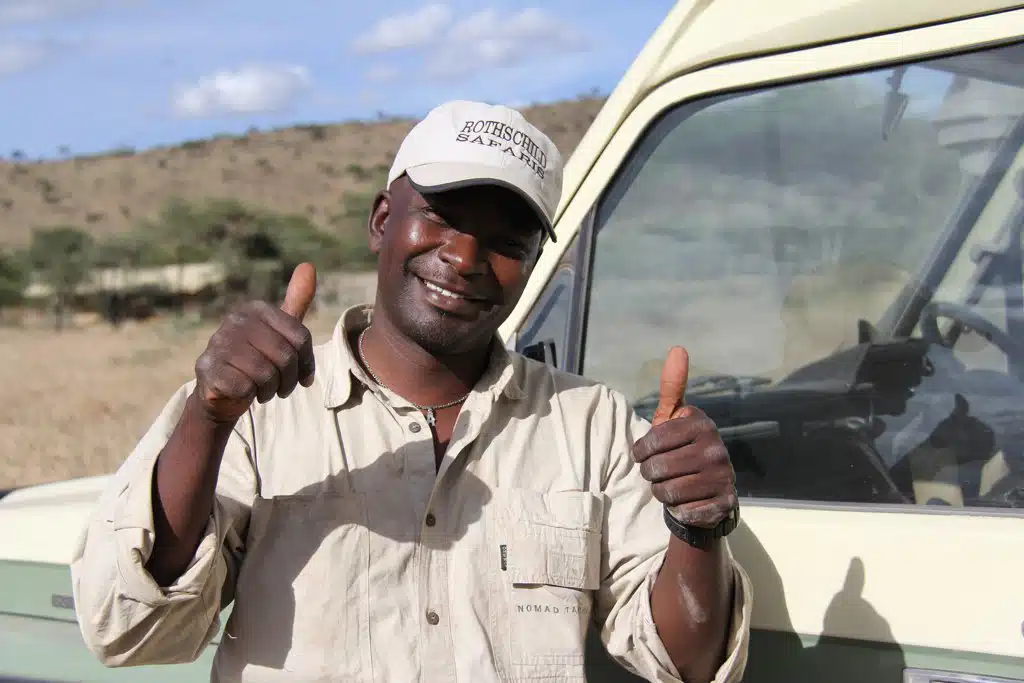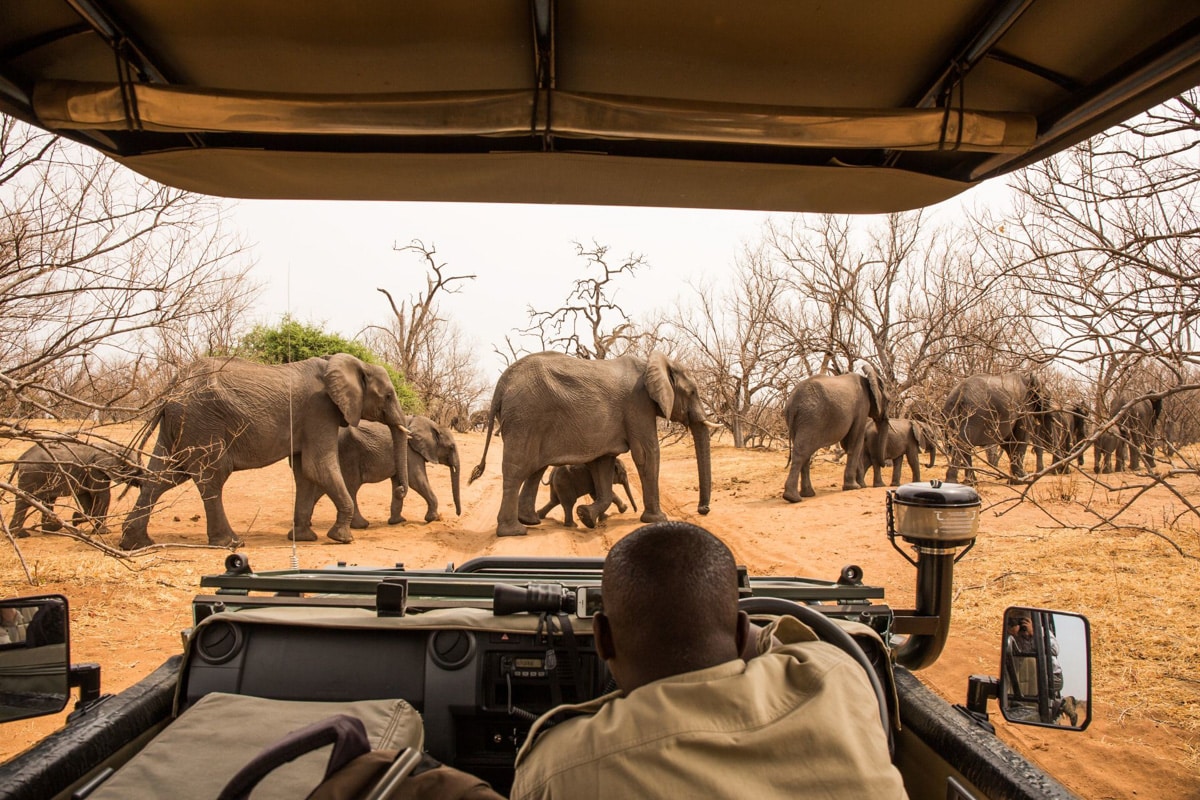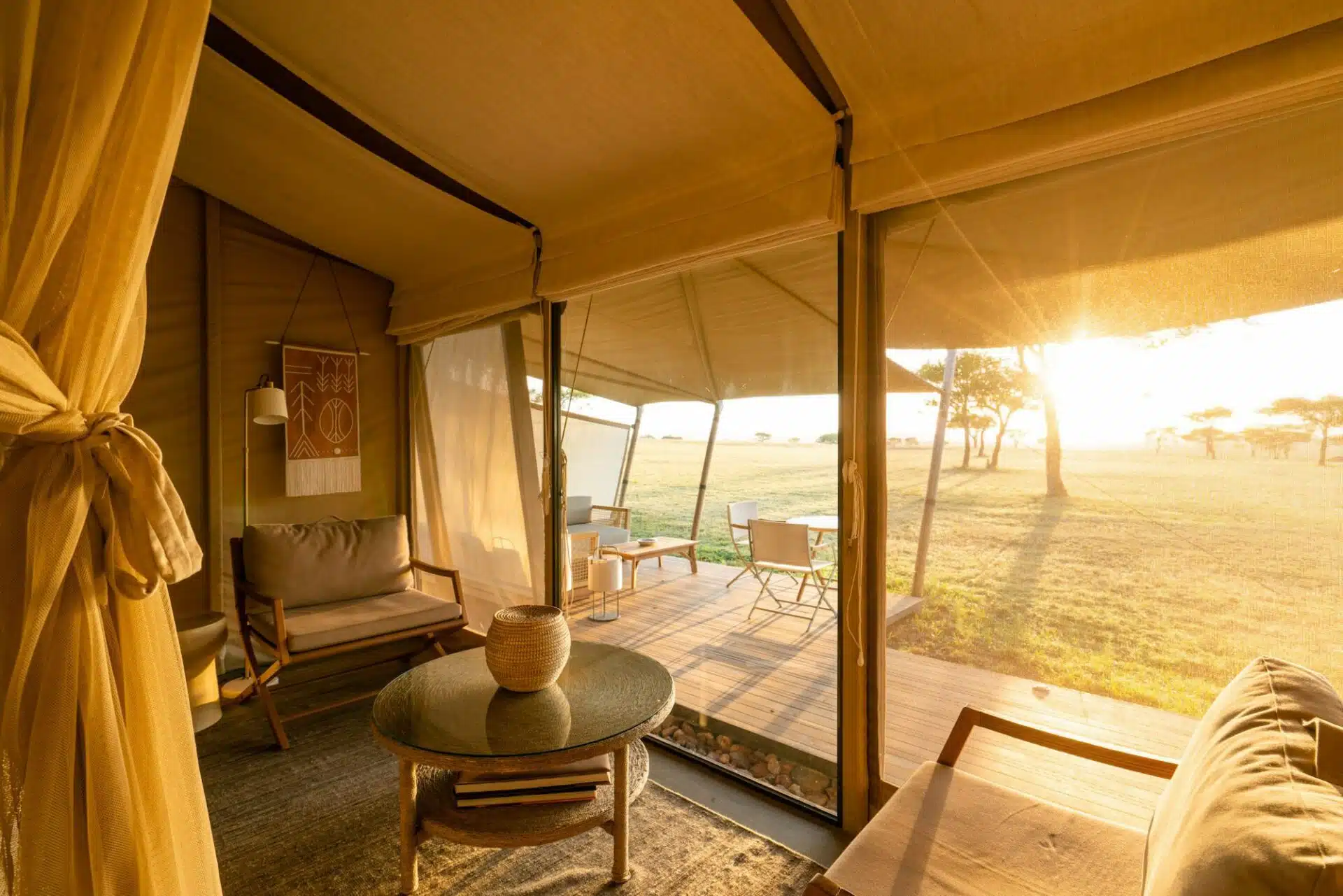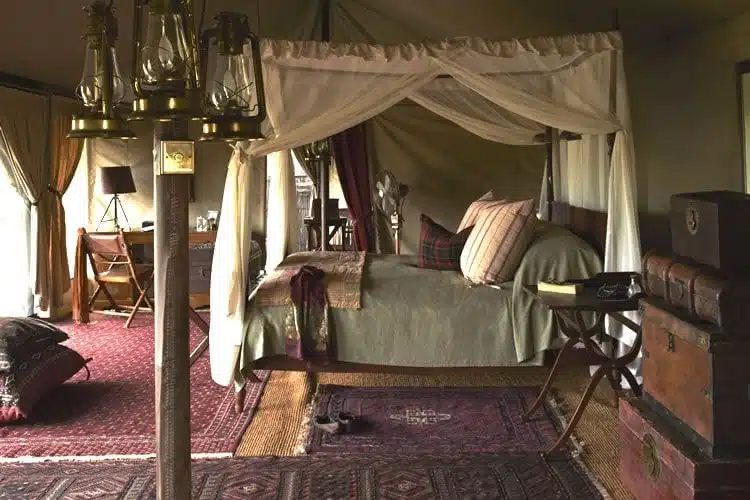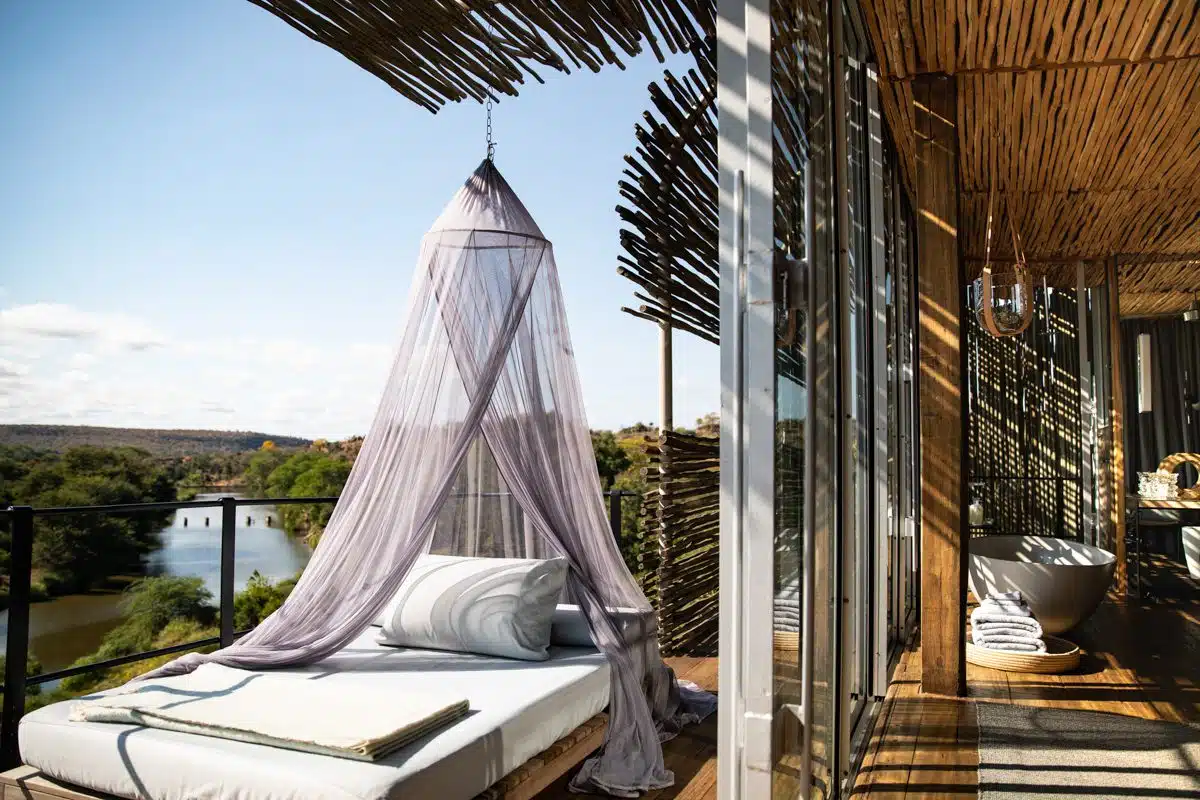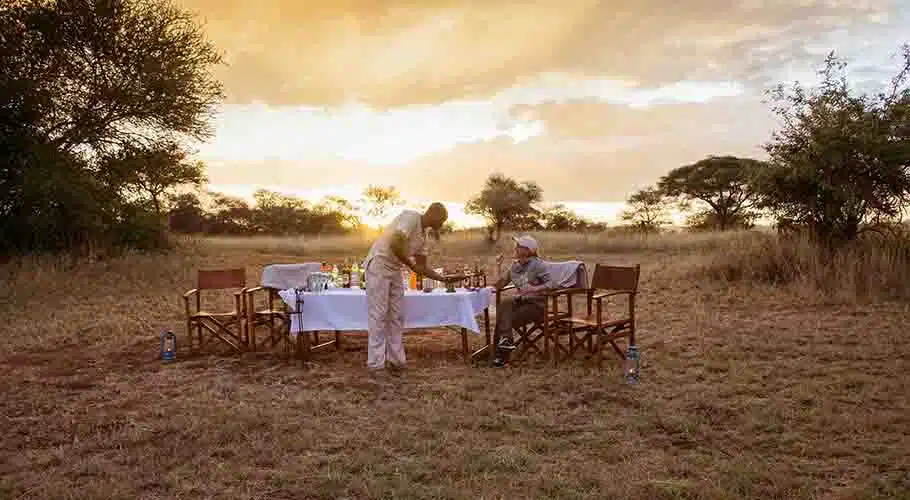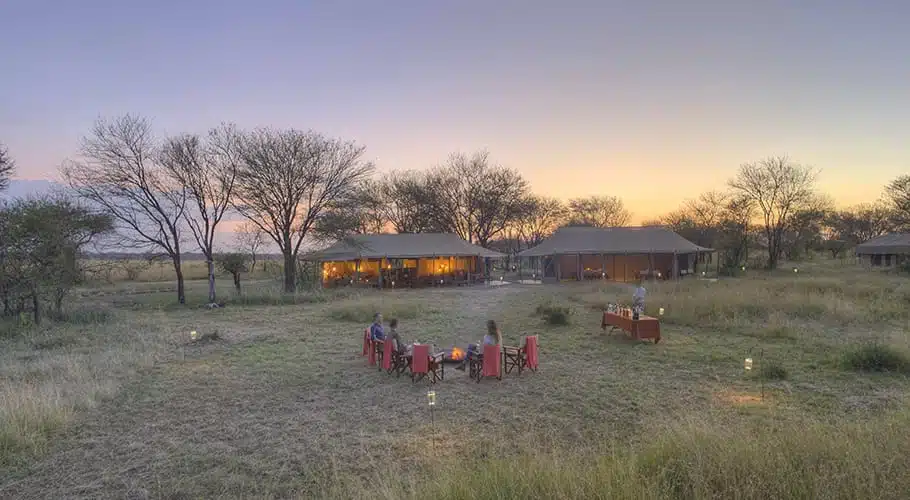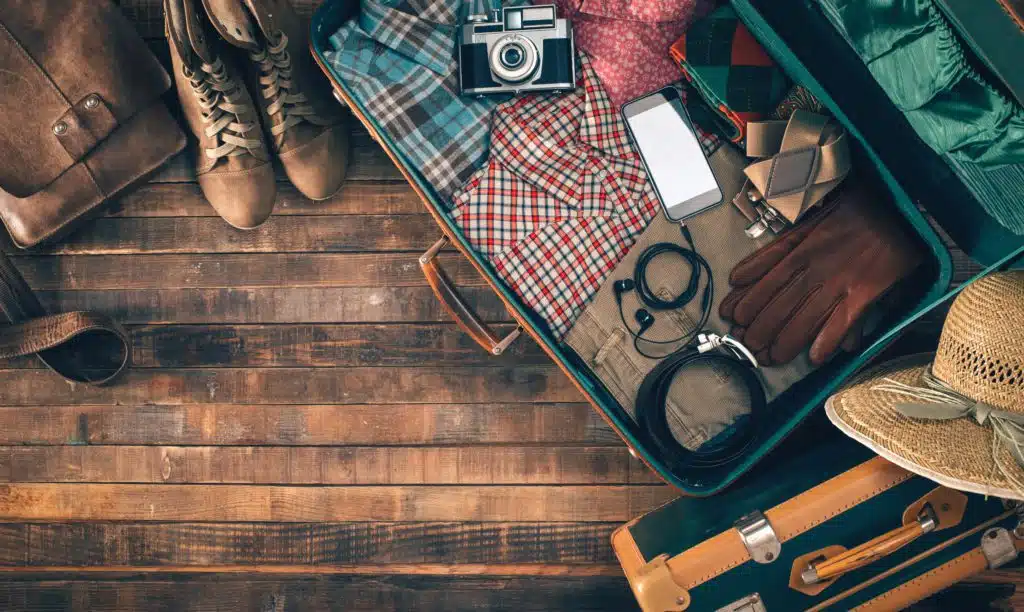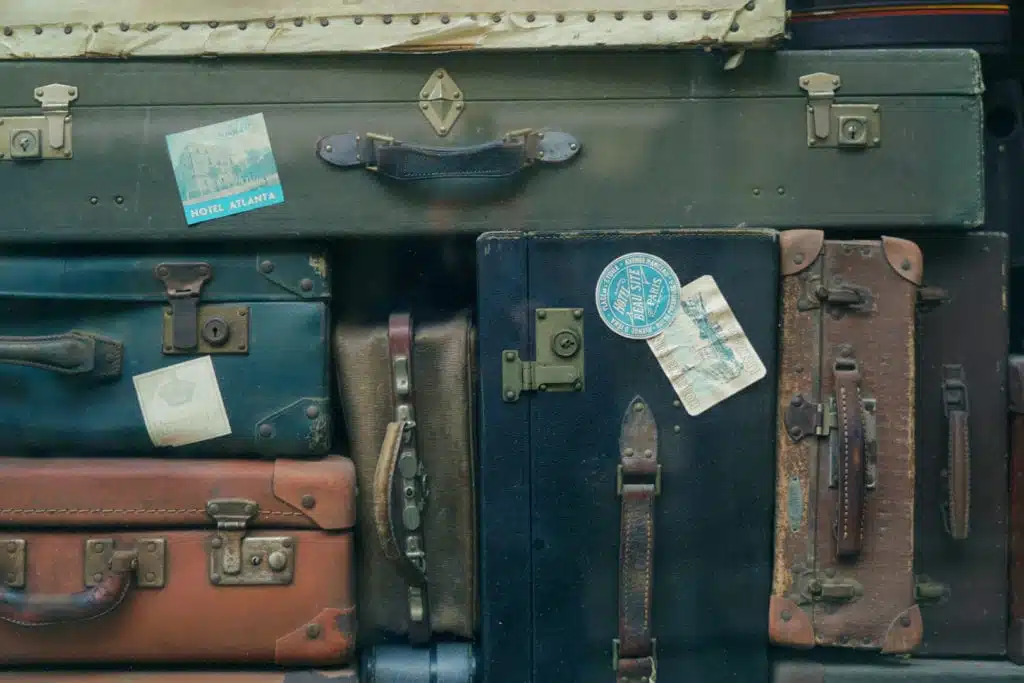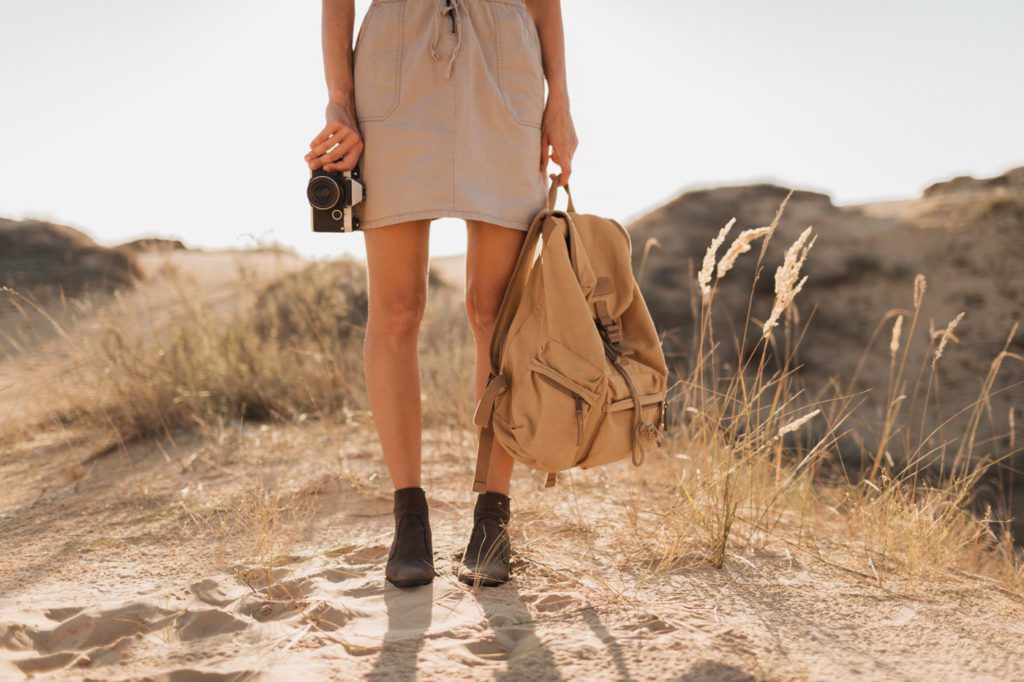PLANNING YOUR JOURNEY
Essential Safari FAQs
When considering a visit to Africa, numerous safari FAQs (frequently-asked questions) will doubtlessly arise.
There are, of course, the more obvious questions, such as where to go and what to do, but numerous safari FAQs aren’t quite as apparent without the assistance of an expert Travel Designer.
For example, if you are to be visiting numerous countries, what visa is required? What vaccines are needed, what might you expect from your accommodation, and what paperwork is necessary? These are just some of the numerous safari FAQs we answer for our clients, and while they can often be answered with some independent research, our experience has provided us with extensive knowledge and the best solutions available.
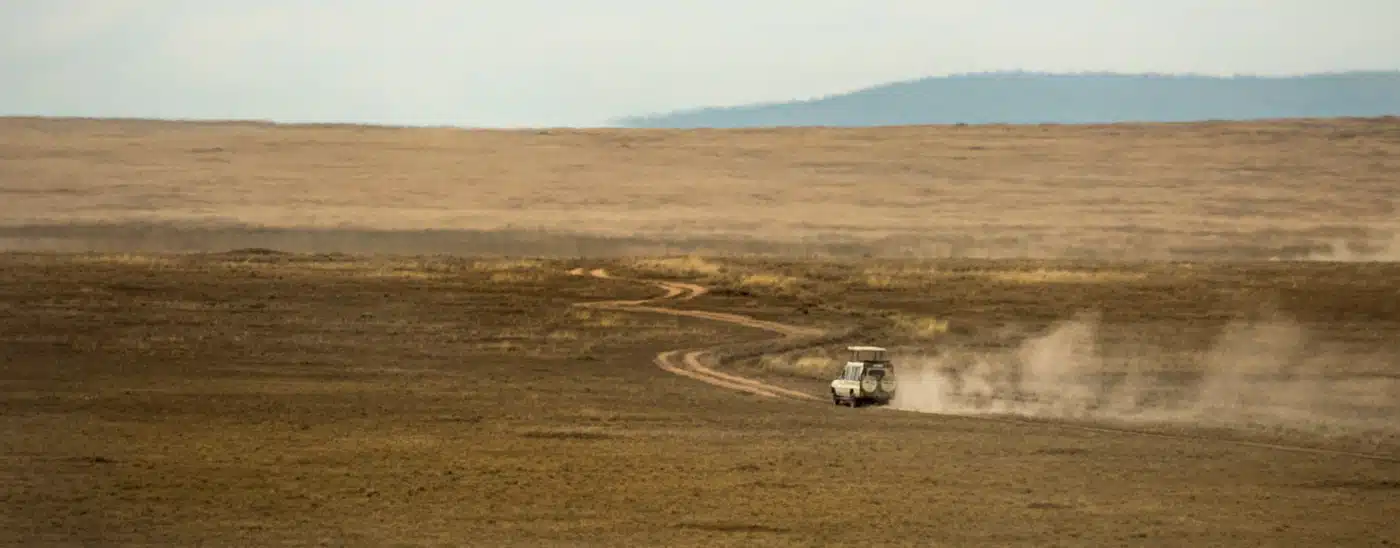
It can be incredibly overwhelming and not a little confusing attempting to ensure that every ‘t’ is crossed and ‘i’ dotted when preparing for your safari, but having created over 15,000 bespoke itineraries across almost 20 African nations, we have all the ‘t’s and ‘i’s are well and truly in hand.
However, though we will take care of as much as we can and guide you through every step, there remain numerous things to be aware of, and some that we are unable to complete for you.
These are our most requested safari FAQs, to keep you informed prior to departure and during your next trip of a lifetime:
- Baggage
- Medical Requirements
- Transfers & Pick-Ups
- Tipping & Cash
- Lodging & Accommodations
- Packing
- Documentation & Insurance
SAFARI BAGGAGE
Q:What Baggage Should I Take?
Throughout your journey, you will undertake several transfers, needing to transport your baggage from one destination to the next. In most instances, porters will be on hand – provided by us or your lodges – to assist you. Despite this, at certain times, it will be necessary to transport your baggage yourself. We strongly recommend utilizing a wheeled, soft-top bag for this reason.
Our Rothschild Safaris wheeled duffel is provided to all guests traveling with us. This provides several purposes. Being on wheels, our capacious bag prevents increased heavy lifting and its distinctive branded design allows it to be easily identified. Its soft upper complies with internal transfer requirements for light aircraft while still giving you plenty of space for clothing and a solid base to offer protection for valuables.
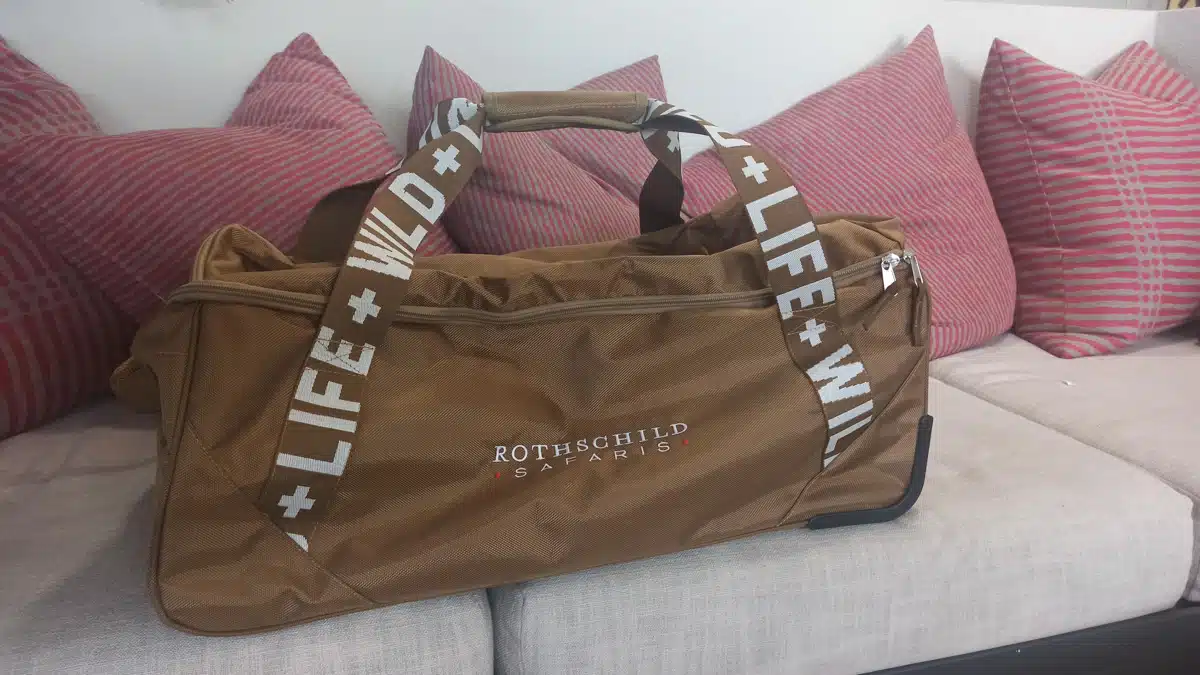
From the time you arrive to the time you depart Africa, you will be assisted with your luggage and consequently you will not have to carry it very much. The only time where this may not hold true is in the USA or other international airports.
We have also intentionally selected zippers with secure holes, allowing you to use a small padlock or luggage lock to fasten them together, preventing theft. We recommend using a TSA-approved locking system.
MEDICAL REQUIREMENTS
Q: What safari vaccinations do I need?
This is one of our most requested safari FAQs. Africa remains largely a third world continent and, as such, is prone to a variety of tropical diseases. Most are unpleasant though not dangerous given proper medical attention, but they can still dampen the enjoyment of an African safari or bring it to an abrupt halt.
While it is essential to contact a medical professional and this information is advisory only, there are a number of pre-emptive safari vaccination steps that will mitigate any possible illness.
Malaria is widespread throughout Africa, though relatively infrequently contracted by visitors taking the proper precautions. Malaria tablets are not required for entry to countries, though are highly recommended. The mosquito-borne virus can often be avoided with a good-quality natural repellent, and wearing long sleeves and pants at times of high mosquito activity will deter the pesky suckers. Though they won’t prevent you from being bitten, malaria tablets will stop escalation of the virus. Sleeping with the mosquito net down and using a fan or air conditioning if available are also useful steps to stop the itch and eliminate risk.
Yellow fever is a similar virus, though more serious. Kenya, Ethiopia and Uganda are particularly rife with this nasty virus – also transmitted by mosquitoes – and both require current safari vaccination for entry. What’s more, if you have visited either of these countries, any subsequent country visited will require proof of vaccination to prevent spread. The CDC recommends yellow fever safari vaccination for all travelers over the age of nine months. The injection itself isn’t painful but often results in an aching arm for several days. This is perfectly normal. Exemption from the vaccine is possible, though only advised on legitimate medical grounds. Validating paperwork will be necessary for all travel for Kenya and Uganda and any further countries visited.
By consulting a medical professional, you will also be able to assess whether further safari vaccinations are required, such as tetanus, hepatitis A and B, and typhoid.
TRANSFERS & PICK UPS
Q: How do I arrange and ensure transfers and pick-ups?
Knowing how you will be traveling from A to B significantly eases the stress of travel, making this one of the very valid safari FAQs. For this reason, we pre-arrange all transfers, whether by plane, car or occasionally train.
Included in every itinerary, we stipulate and organize all pick-ups and transfers for each stage of your journey.
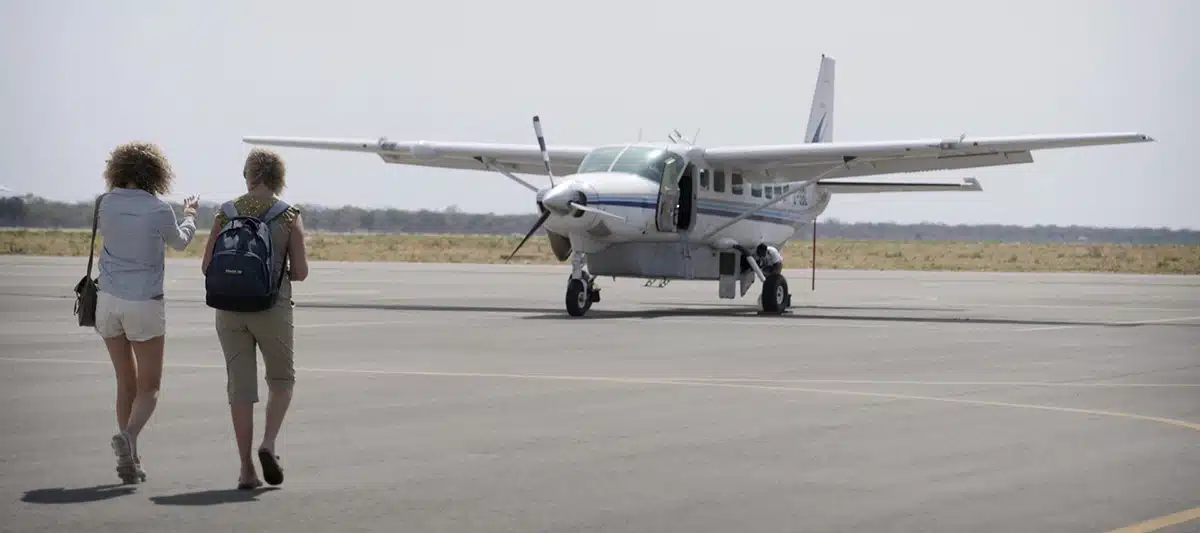
There are exceptions to this though. When staying at a lodge or camp, activity transfers will be arranged by property staff and you will be duly informed in advance. This includes shared charter flights, and you will usually be made aware of times and requirements at least 12 hours in advance.
In every situation, help is always at hand. Should your driver be late – by anything more than 15 minutes – you can call our helpline number provided in your itinerary. This connects you with a staff member on the ground who can assist you in real-time and ensure that you get where you want to and, most importantly, when you need to.
TIPPING & CASH
Q: How much cash should I bring, and what should I tip?
This is one of the more convoluted safari FAQs and we have created documentation to keep you well informed in advance. Taking a briefcase filled with folding bills is not an option for travelers, so cash should be minimized. However, offering gratuities is inherent in safari travel. So how should this be managed? We advise clients to take about US$400 per person for a two-week vacation. This is a manageable amount to both keep secure on your person or in a room safe and enough to cover all tipping needs.
Credit card fees are extortionate in Africa, and due to this recipients may only receive 50 percent of the given amount, so cash is by far the best choice for tipping. Most countries accept foreign currencies, particularly the US dollar, and it is advised that clients traveling from outside the US convert their home currency into USD prior to travel.
Unlike in the US, tipping is at your own discretion. All staff members are paid a salary and a tip is merely an extra bonus. We will advise on recommended tipping amounts and the times when specific tipping is required. This includes for gorilla trekking, climbing Mount Kilimanjaro and other select activities. Some staff members you will meet don’t require tipping, unless you particularly wish to. These include transfer pilots, and again we will advise on other staff who don’t require additional gratuities.
It is also worth noting here that numerous foundations you may visit exist in part on the donations of visitors. As an example, Kenya’s Reteti Elephant Sanctuary commonly receives donations of approximately US$40 per person.
LODGING & ACCOMMODATION
Q: What will my accommodation provide?
Personal comfort is vital to the enjoyment of your journey and many of these safari FAQs will be resolved in the early discussions you have with your Travel Designer. Many aspects of your lodging and accommodation are particular to the individual property, but there are also several general guidelines that are typical throughout most itineraries.
Nothing ruins a day more than a bad night’s sleep, and for this reason the lodges and camps we select take great care to offer comfort. This includes sumptuous mattresses, high-quality bedding and sometimes a selection of pillows to choose from.
For your reference, rooms offering a double bed are for dual occupancy, most frequently offering one shared queen- or king-sized bed. Twin rooms also provide dual occupancy, but with two separate single beds, typically full or queen-sized. For additional children, rollaway beds are usually provided.
Rooms are sprayed with mosquito repellent prior to your arrival, negating much of the risk of irritating buzzing and nibbling through the night. Some camps will provide additional fly nets enclosing your bed.
Most creature comforts are provided by camps and lodges, including toiletries. Some may even have socket converters for your use, but this should not be relied upon and bringing your own travel converter is essential. An exception to this is hair dryers. Hair dryers require a large amount of voltage and consequently they are prohibited at most safari properties, which rely on solar power. If you absolutely must use a hair dryer whilst traveling, we recommend buying a battery-powered one for your journey. Most city hotels, however, will have hair dryers available for use.
Other provisions sometimes provided include alcoholic beverages. Most city properties do not include any drinks as they are on a bed & breakfast, or dinner, bed & breakfast basis. More remote camps and lodges that do include drinks will either have ‘local drinks’ or ‘hot drinks’, which are stipulated on your itinerary. Local drinks typically include house wines, beers and sodas. Occasionally they will also include some spirits. Anything that is considered premium, such as Johnny Walker or Champagne, will be an additional cost. Hot drinks include unlimited tea and coffee but no alcoholic or cold drinks.
While most lodges will provide you with an experienced guide, this does vary somewhat. Trackers, on the other hand, are almost exclusively found in South Africa, where two staff members will accompany you – both a guide and a tracker. This is not possible to pre-determine, and it should be expected that you will not have a tracker, only a guide.
PACKING
Q: What should I pack?
While we have covered the type of baggage required, what you put into it is another of the common safari FAQs.
We can recommend certain items and the types of clothing that should be packed, but it beneficial to plan well in advance to ensure you have everything you need.
Binoculars are one item that is highly recommended. Properties will often provide them, but this is far from guaranteed, so supplying your own ensures that you will have a superb view of wildlife at all times. Invest as much as you feel appropriate, but there are plenty of highly affordable options available without needing to purchase the very best.
DOWNLOAD OUR SUGGESTED PACKING LISTClients often ask what they can contribute. For village trips, we suggest bringing deflated soccer balls, coloring books, notepads, colored pencils, crayons and stickers for local children. If there isn’t a chance to go on a village visit, you can leave these items with the lodge, and they will give them to the local communities.
Natural bug sprays and sunscreen are in short supply in the bush. Though sometimes available, we would recommend that you purchase these prior to departure to ensure you have a good-quality brand.
For absolute exclusive advice on packing, including a video call or in-person visit from one of our staff members, contact us to inquire about our premium Pack-Right Concierge Service.
DOCUMENTATION & INSURANCE
Q: What documentation is necessary?
Possibly the most often-asked and valid of safari FAQs is the need for travel documentation. You will be advised on the paperwork required, particularly regarding the visas necessary for your journey. Not all countries require visas, but for those that do, you will need to provide a copy of your passport’s information page. The page with your personal information is often referred to as the passport bio data page. You will also need to send a passport-sized photo. This does not need to be taken professionally, and you can take one at home with your phone against a blank white wall and then crop it on your phone as needed.
You may be asked for departing flight information or proof of hotel stay. You can save our PDF itinerary directly to your phone or digital device for proof of hotel stays, and international flight tickets for departing flight information. The international flight details prove your intention of returning to your home country and will be acceptable for the visa application.
Hopefully, your journey will transpire without the slightest issue, but no amount of planning can negate the unexpected. For this reason, travel insurance is imperative. It is likely that you have already invested a significant amount in your dream safari, so any additional expenses caused by accidents or issues along the way will be incredibly frustrating. Some incidences, particularly medical issues, can prove to be phenomenally costly, but the right choice of travel insurance will cover or reimburse these costs.
Lost luggage, flight changes and delays, broken electrical equipment, travel and accommodation expenses caused by unforeseen circumstances and numerous other travel problems are often included in travel insurance packages.
Explore a range of travel insurance providers, but we recommend Global Rescue. A primary reason for this is that Global Rescue provides immediate financial coverage, rather than issuing reimbursement after the event.
There is a considerable amount of logistics involved in travel, especially multi-destination safari journeys. Our years of experience allow us to overcome the vast majority of this planning, but safari FAQs will always arise. Your Client Manager or Travel Designer is always on hand to alleviate your concerns and answer any questions you may have, providing peace of mind and assurance that your adventure will stay on track at all times.
Asking questions is a necessary part of the planning process, and it is important to be assured that there is no such thing as too many or stupid questions. If they ease your concerns or provide valuable information, they are completely valid.
We have endeavored to provide every valuable detail in convenient documents that you can keep with you at all times. Whether you are soon to depart or still considering your next adventure, our Travel Designers are experts in answering every inquiry. But if any safari FAQs ever arise, before, during or after your journey, we are always here to help.
